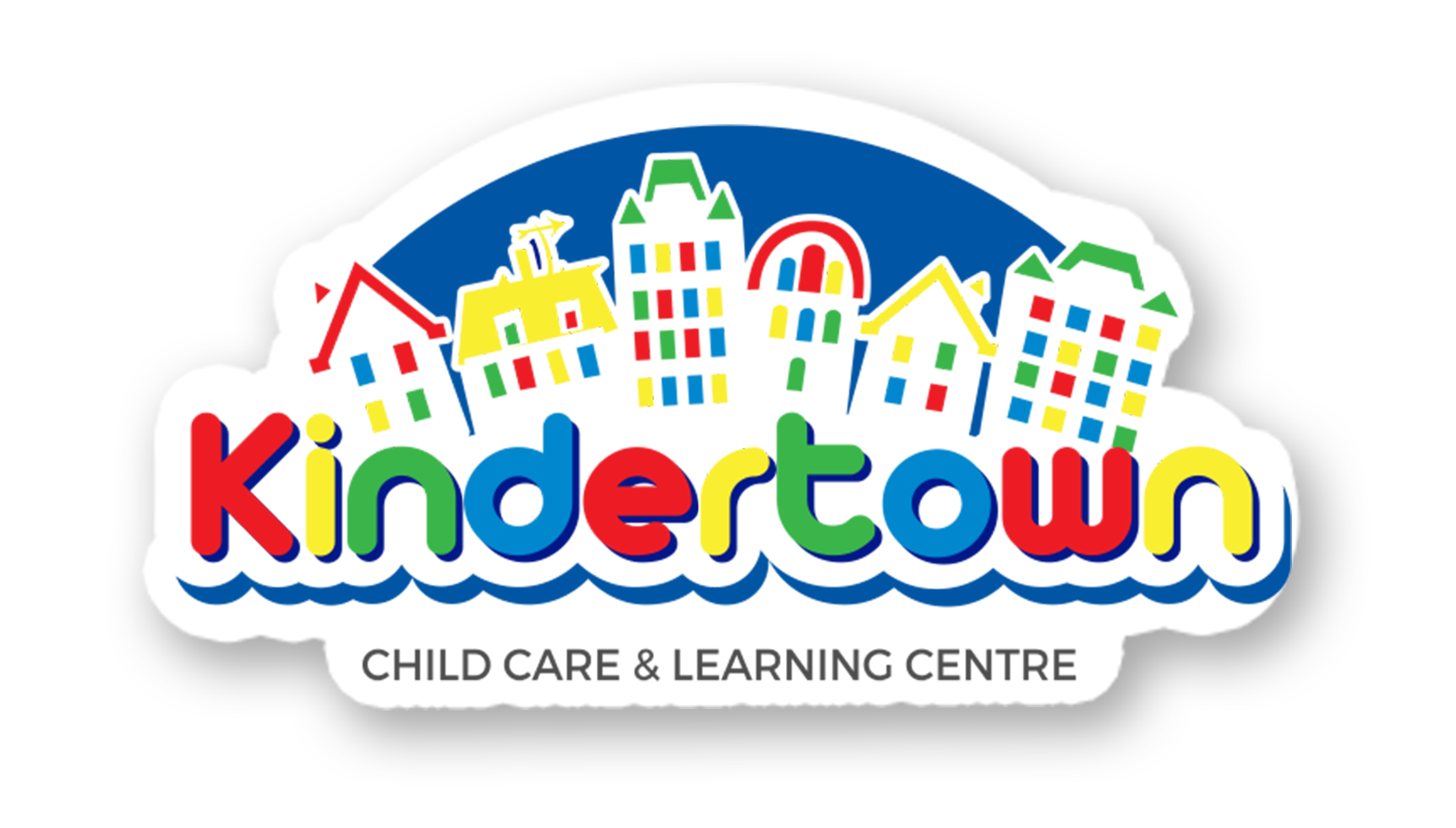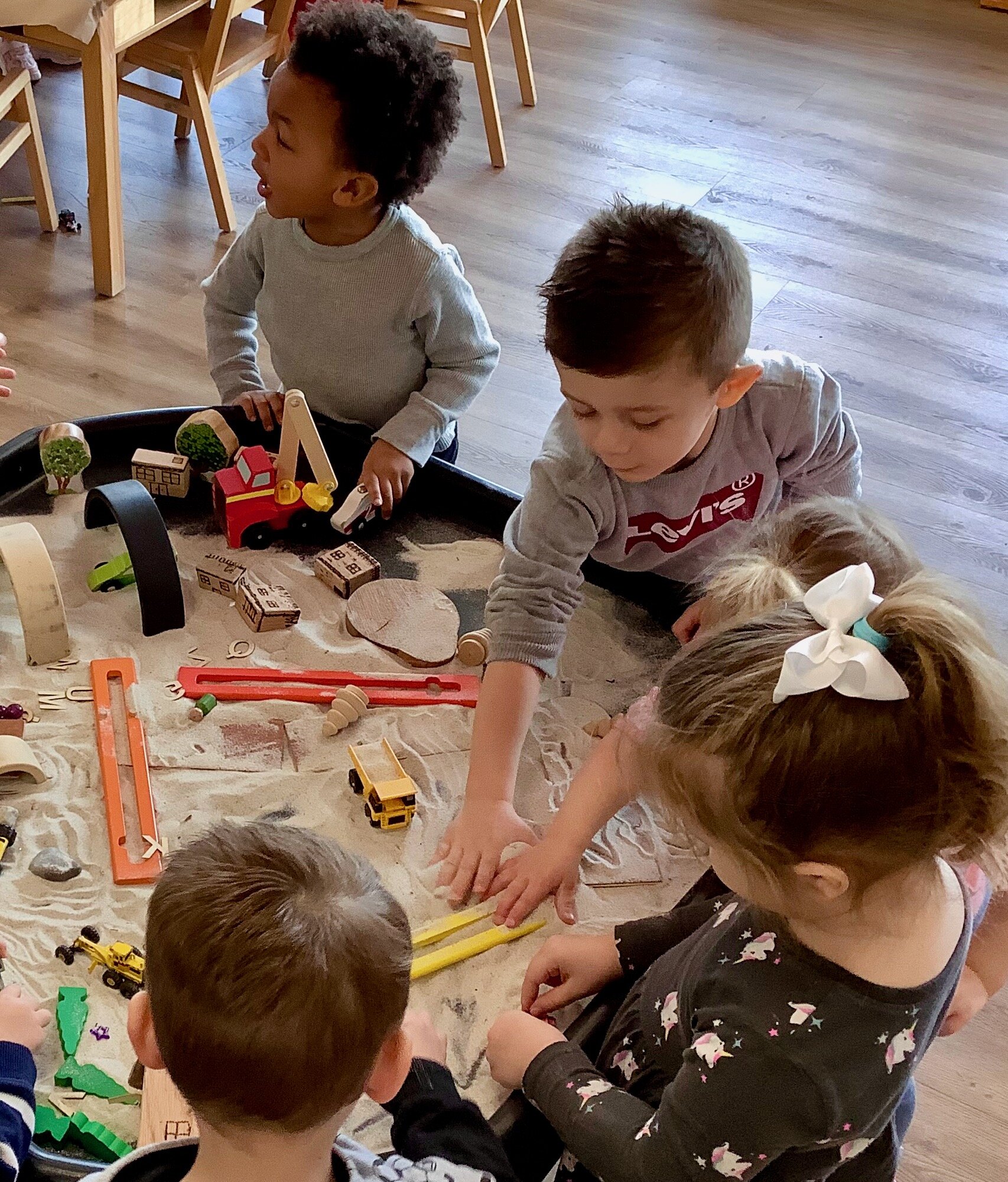Learning About Learning Environments: K-Town Sand Play
In our K-Town classrooms, sand play is always a big hit. Whether it’s on one of our ‘tuff tables’, in a sensory bin or huge outdoor sand box – educators use this learning environment as a chance to give kids a sensory experience that offers a wide range of learning opportunities.
Through sand play, children of different ages are able to acquire, perhaps even unknowingly, a wealth of knowledge through the simple act of play. For example, by offering our toddler children different sized buckets, they are almost always naturally inclined to fill them, and eventually – pour them out. This simple act introduces at the most basic levels, the principles of measurement, weight and differences – one may be heavier than the other depending on ‘how much’ or ‘how little’ they were filled.
This simple engagement can be developed further by adding a wide variety of tools and elements that not just change the process, but the feeling. The experience of sand changes when children adjust how they play with the material – when using their hands, they are able to explore the aspects of the material: the way it slips through their hands, how they are able to trace their fingers through the sand, and the way it comes rushing back down into their fervent hole-in-the-sand making, no matter how deep their hands dig.
However, with the use of tools, this experience changes. They are now developing their fine motor skills – learning how to hold tools that will help them pour, dig etc. For our preschool children, they explore these same actions, but in a manner that is much more refined. Scooping and pouring into buckets becomes scooping and pouring into funnels of different sizes or creating representational play like castles or caves.
It’s here, in the preschool years, that we can really being to see the foundational aspects of literacy and numeracy begin to take shape as well. For example, with the aid of our educators, specific materials and tools are provided to encourage the measuring process. On other days, our educators will fill the bin with loose part letters and provide K-Town kids with a treasure map of letters that they must be able to locate – encouraging letter recognition, matching, comparing and contrasting.
However, perhaps the best place to experience sand play at Kindertown is in our large, shaded sandbox. With four separate boxes, children are given the opportunity to explore different levels of sand play at the same time – whether that’s using trucks and diggers in an impromptu construction site, dumping and pouring to build a castle, or even just kicking back and feeling the sand between their toes – the kids have their options.
Saying that, sand play is really limitless and open-ended. There are a multitude of opportunities for both educators and children to learn together. There isn’t one right way to do sand play (something which will be a common theme in most of our K-Town learning environments), but instead – it’s seen as yet another way to understand how learning happens at Kindertown.

